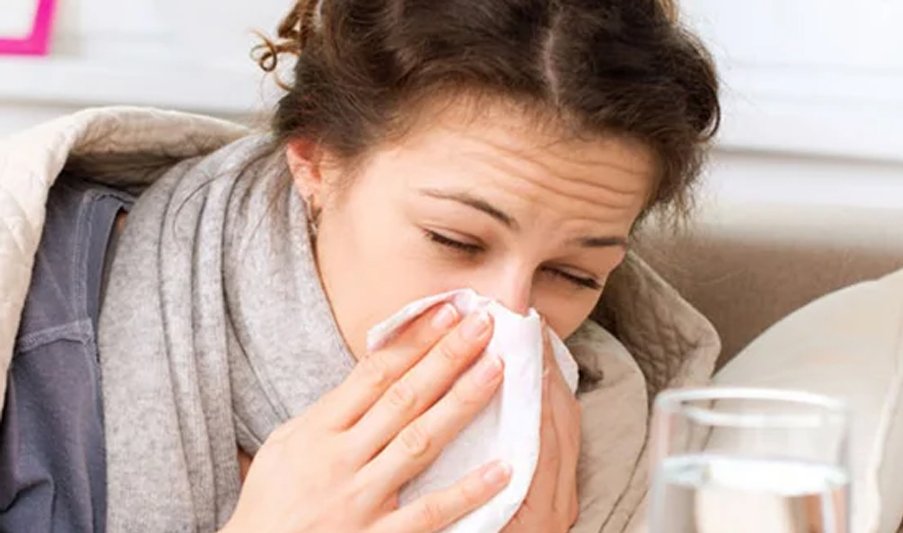General Diseases

Diabetes Mellitus
Diabetes is a disease that occurs when your blood glucose, also called blood sugar, is too high. Blood glucose is your main source of energy and comes from the food you eat. Insulin, a hormone made by the pancreas, helps glucose from food get into your cells to be used for energy. Sometimes your body doesn’t make enough—or any—insulin or doesn’t use insulin well. Glucose then stays in your blood and doesn’t reach your cells. Over time, having too much glucose in your blood can cause health problems. Although diabetes has no cure, you can take steps to manage your diabetes and stay healthy.

Skin Diseases
The skin has an inherent region-specific anatomical diversity that may profoundly modify the appearance of a rash. This is apparent when skin transplanted from one area of the body to another (other than a symmetrically opposite area) retains the morphological characteristics of the donor area. Thus the morphology of eczema or lichen planus on the palms and soles may bear little or no resemblance to the same disease in the same individual on the face or scalp. In these instances a biopsy shows the abnormalities of the cells of the skin and the pattern and distribution of any invading cells. The ability to identify immunoreactants (immunoglobulins, or antibodies, that react with specific invading agents.

Arthritis
Arthritis is an inflammation of the joints. It can affect one joint or multiple joints. There are more than 100 different types of arthritis, with different causes and treatment methods. Two of the most common types are osteoarthritis (OA) and rheumatoid arthritis (RA).Diagnosis of arthritis will start with your doctor performing a physical exam. Extracting and analyzing inflammation levels in your blood and joint fluids can help your doctor determine what kind of arthritis you have. Doctors commonly use imaging scans such as X-ray, MRI, and CT scans to produce an image of your bones and cartilage. This is so they can rule out other causes of your symptoms, such bone spurs.

Back Pain
Back pain is pain felt in the back. Episodes of back pain may be acute, sub-acute, or chronic depending on the duration. The pain may be characterized as a dull ache, shooting or piercing pain, or a burning sensation. The pain may radiate into the arms and hands as well as the legs or feet, and may include paresthesia (tingling with no apparent cause),[1] weakness or numbness in the legs and arms. The anatomic classification of back pain follows the segments of the spine: neck pain (cervical), middle back pain (thoracic), lower back pain (lumbar) or coccydynia (tailbone or sacral pain) with the lumbar vertebrae area most common for pain.

Nervous Disorder/General Debility
General Debility means the deficiency in strength of the beings. In ayurveda strength or body power is known as “Balam”. Balam is expressed as resistance. After any severe disease with fever, such as scarlet fever, measles, typhoid fever, and many more, period of recovery is go with more or less debility. Running down in strength, though, with or without severe disease, and often without any preset disorder in any important organ, is not uncommon. General Debility happens due to various causes, like too strict, tedious, and long-continued labor out of proportion to one’s strength concern mainly when it avoid refreshing sleep; living in a close air, living without alteration and exercise; these are some of the common situations in which persons are apt to get down below average in strength.

Fever/Cough
A fever occurs when the thermostat resets at a higher temperature, primarily in response to an infection. To reach the higher temperature, the body moves blood to the warmer interior, increases the metabolic rate, and induces shivering.When the infection has been overcome or drugs such as aspirin or acetaminophen (Tylenol) have been taken, the thermostat resets to normal and the body’s cooling mechanisms switch on: the blood moves to the surface and sweating occurs. Fever is an important component of the immune response, though its role is not completely understood. Physicians believe that an elevated body temperature has several effects. The immune system chemicals that react with the fever-inducing agent and trigger the resetting of the thermostat also increase the production of cells that fight off the invading bacteria or viruses.
Address
No - 14/15, Akbarabad 2nd Street, Kodambakkam, Chennai - 600024. (landmark – Raghavendra Kalyana Mandapam Backside | Near Kodambakkam Railway Station)
Call Us
+91 98410 59194
+91 98410 69194
+91 80129 59194
+91 44 4858 5405
Timing
Monday - Saturday
Morning - 7.00 AM to 2.00 PM
Evening - 5.00 AM to 8.00 PM
Sunday - 9.00 AM to 2.00 Pm
